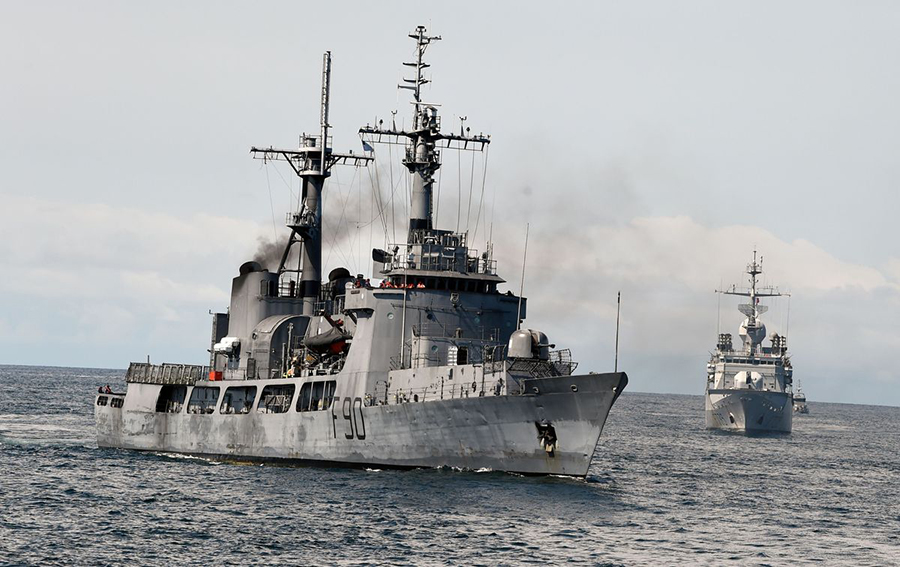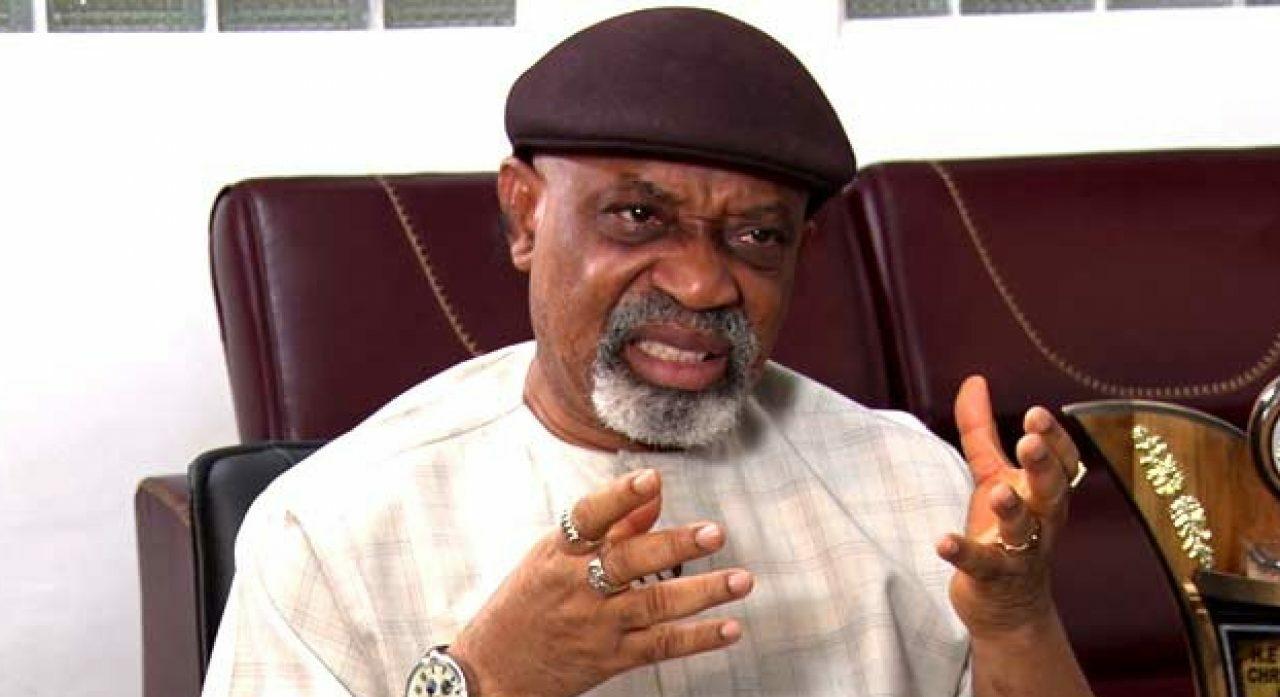Piracy in the Gulf of Guinea, which has become the global epicentre for sea piracy fell to the lowest since Q2 2019, in the last quarter.
This is according to a report recently published by the International Maritime Bureau.
The report disclosed that globally there were 68 incidents of piracy and armed robbery against ships – the lowest total since 1994 – down from 98 incidents during the same period last year.
IMB’s Piracy Reporting Centre (PRC) reported 61 vessels boarded, four attempted attacks, two vessels fired upon and one vessel hijacked, with 50 crew members kidnapped, three each threatened and taken hostage, two assaulted, one injured and one killed throughout the first half of 2021.
READ: Gulf of Guinea: Report urges FG to enlist private security companies to fight piracy
Piracy in the Gulf of Guinea
The report disclosed that the region led globally with 32% of all reported incidents, and accounted for all 50 kidnapped crew and the single crew fatality recorded during the first half of 2021.
However, the number of kidnappings in the region reached its lowest level since Q2 2019, but pirates continue to target all vessel types throughout the region.
IMB Director, Michael Howlett said: “Whilst IMB welcomes reduced piracy and armed robbery activity in the Gulf of Guinea, the risk to seafarers still remains.
“By reporting all incidents to the Regional Authorities and IMB PRC, seafarers can maintain pressure against pirates. Bringing together maritime response authorities through initiatives – like Nigeria’s Deep Blue Project and Gulf of Guinea Maritime Collaboration Forum – will continue and strengthen knowledge sharing channels and reduce risk to seafarers in the region.”
READ: One killed, 15 kidnapped by pirates on Turkish ship off Gulf of Guinea
FG’s reaction to the report
Dr Bashir Jamoh, Director General, Nigerian Maritime Administration and Safety Agency (NIMASA) said the report is a welcome development and also gave the assurance that the agency would not rest on its oars in ensuring zero tolerance for piracy in the Nigerian waters and the Gulf of Guinea.
“Matters concerning maritime security is everybody’s business as no country has immunity against insecurity and piracy-related offences.
Crime is usually a step ahead of every organised society, hence the need to step up our game through continuous synergy and enhanced information sharing in the West and Central Africa sub-region,” Jamoh said.
The NIMASA boss attributed the positive development to the bringing together of maritime response authorities through initiatives – like Nigeria’s Deep Blue Project and Gulf of Guinea Maritime Collaboration Forum which will continue and strengthen knowledge sharing channels and reduce risk to seafarers in the region.
What you should know
- Recall Nairametrics reported in January that West Africa’s Gulf of Guinea recorded an unprecedented increase in piracy attacks in 2020, according to the International Maritime Bureau in its 2020 Annual Piracy report. The IMB reported that 135 crew members were kidnapped from their vessels in 2020, with the Gulf of Guinea accounting for over 95% of kidnappings. A record of 130 crew members were kidnapped in 22 separate incidents.
- Meanwhile, Global maritime insurers say Nigeria’s coastal waters which recorded the highest piracy rates in 2020 remains the riskiest despite efforts by the FG like the Deep Blue Project to deal with the growing piracy.
- President Muhammadu Buhari launched the Deep Blue Project under the Integrated National Security and Waterways Protection last month in Lagos, a move that is meant to protect Nigeria’s waterways.
- Deep Blue assets include two Special Mission Vessels and 17 Fast Interceptor Boats. The air assets comprise two Special Mission Aircraft for surveillance of the country’s Exclusive Economic Zone; three Special Mission Helicopters for search and rescue operations; and four Unmanned Aerial Vehicles.









